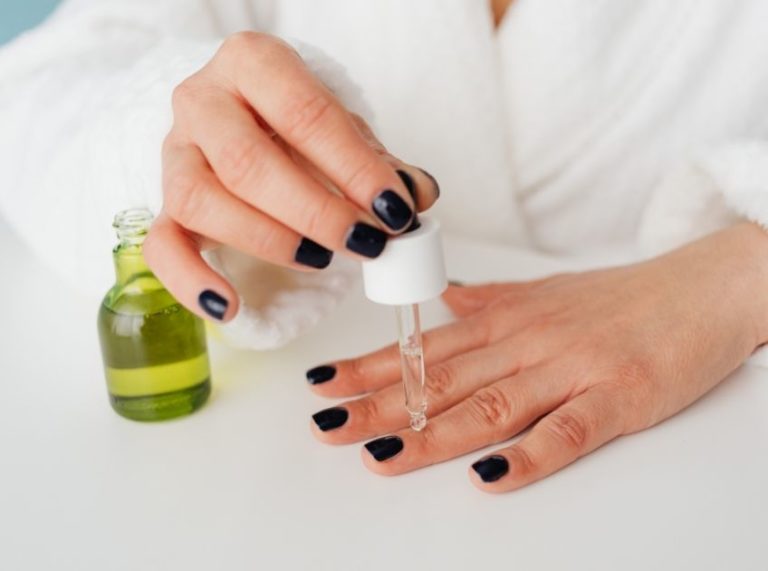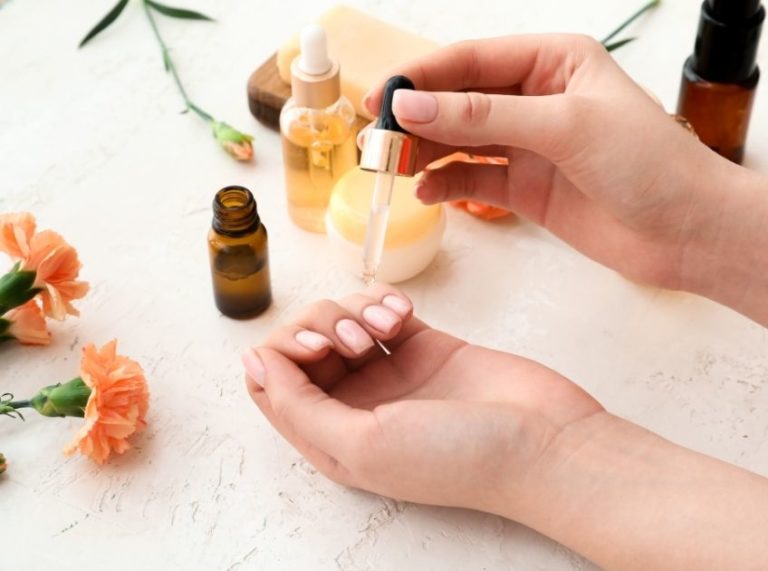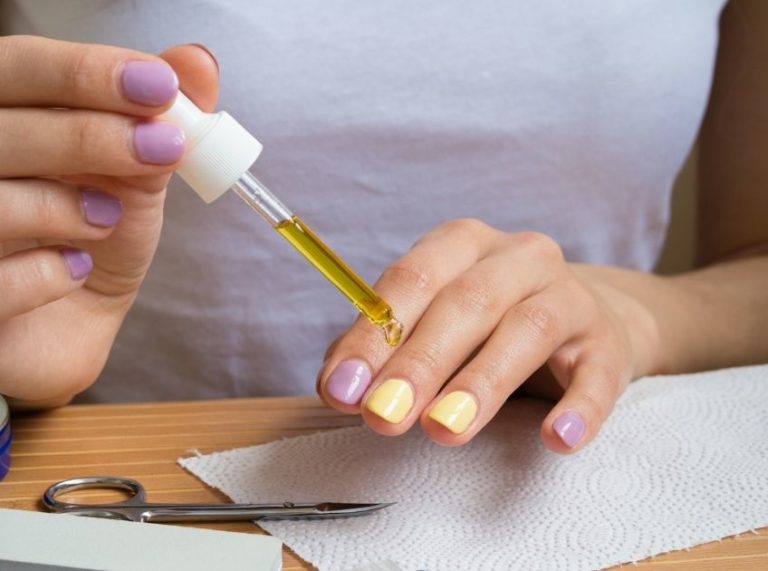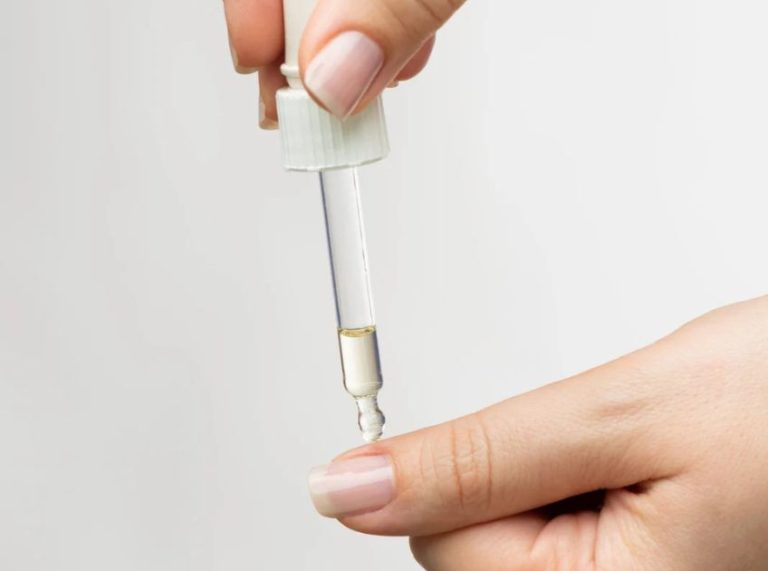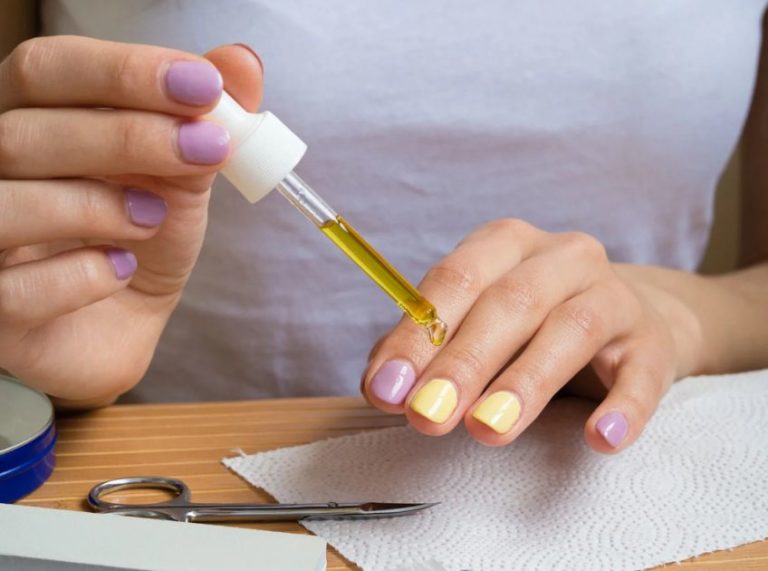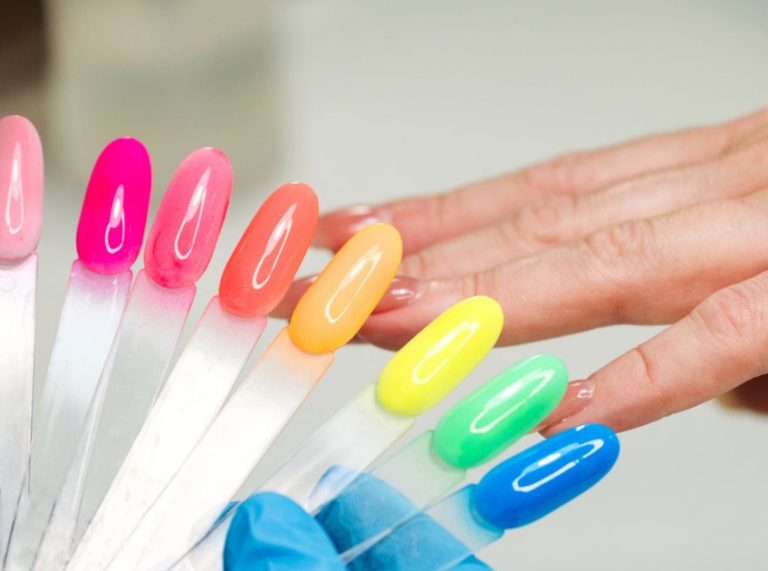
Important: This article is for informational purposes only. Please read our full disclaimer for more details.
Seasonal allergies, dust sensitivities, and environmental triggers can turn simple daily routines into uncomfortable battles with sneezing, itchy eyes, congestion, and fatigue. While antihistamines and medical treatments remain the gold standard, many people turn to herbal teas for additional relief.
Certain teas contain anti-inflammatory, antioxidant, and mild antihistamine properties that can calm allergy flares and support your respiratory system. Below, you’ll discover the most effective teas, how they work, and how to use them safely.
Top 7 Teas That Support Allergy Relief
Each tea below includes benefits with scientific evidence, how to drink it, and side effects or precautions.
1. Stinging Nettle Tea: The Natural Antihistamine
Stinging nettle (Urtica dioica) contains compounds that may block histamine, the chemical responsible for allergy symptoms. One study published in Phytotherapy Research found that nettle extract reduced symptoms in people with allergic rhinitis by modulating inflammatory pathways (1).
How to Drink:
- Steep 1–2 teaspoons of dried nettle leaves in hot water (not boiling) for 10–12 minutes.
- Drink 1–2 cups daily during peak allergy season.
- Add honey or lemon if the flavor feels earthy or strong.
- Drink consistently for at least 1–2 weeks for the best antihistamine effects.
- Avoid consuming it late at night due to its mild diuretic nature.
Side Effects & Precautions: May interact with blood thinners, blood pressure medication, or diabetes medication. It can have mild diuretic effects.
2. Ginger Tea: For Nasal Congestion and Inflammation Relief
Ginger is rich in gingerols, compounds known for their anti-inflammatory and antioxidant actions. Research in the International Journal of Preventive Medicine suggests ginger reduces inflammatory markers linked to allergic reactions (2).
How to Drink:
- Slice 4–5 thin fresh ginger pieces and boil for 10 minutes.
- For powdered ginger, use ½ teaspoon per cup of hot water.
- Drink 2–3 cups per day during allergy flares.
- Add honey to soothe the throat or add lemon for extra vitamin C.
- Best consumed warm to help reduce congestion and sinus pressure.
Side Effects & Precautions: Avoid excess intake if you have gallbladder issues or take anticoagulants.
3. Peppermint Tea: Opens Airways and Eases Sinus Pressure
Peppermint contains menthol, a natural decongestant that helps open nasal passages. Studies show its anti-inflammatory effects may soothe respiratory irritation (3).
How to Drink:
- Steep fresh or dried peppermint leaves for 5–7 minutes.
- Inhale steam from the cup while drinking to relieve nasal blockage.
- Drink 1–2 cups daily during allergy flare-ups.
- Avoid drinking on an empty stomach if you have acid reflux.
- For nighttime congestion, drink just before bed.
Side Effects & Precautions: Avoid if you have GERD or acid reflux, as peppermint can relax the esophageal sphincter.
4. Green Tea: Rich in Antioxidants That May Combat Allergic Responses
Green tea contains EGCG (epigallocatechin gallate), which may reduce the body’s immunoglobulin E (IgE) response—linked with allergic reactions. Research from the Journal of Nutritional Biochemistry suggests green tea catechins may stabilize mast cells (which release histamine) (4).
How to Drink:
- Steep green tea at lower temperatures (70–80°C) for 2–3 minutes to preserve antioxidants.
- Drink 1–2 cups daily to help stabilize mast cells over time.
- Avoid adding boiling water—it destroys beneficial catechins.
- Optionally blend with mint or lemon for added respiratory support.
- Avoid drinking after evening if sensitive to caffeine.
Side Effects & Precautions: Contains caffeine. Avoid excess if sensitive or pregnant.
5. Chamomile Tea: Calms Inflammation and Supports Immune Balance
Chamomile is known for its anti-inflammatory flavonoids. Some studies show it may help relax the respiratory tract and reduce irritation (5).
How to Drink:
- Steep chamomile flowers for 5 minutes in hot (not boiling) water.
- Drink 1 cup in the evening to ease nighttime allergy symptoms.
- Add a teaspoon of honey to soothe throat irritation.
- Combine with lemon balm or lavender for additional calming effects.
- Avoid if you have ragweed allergies.
Side Effects & Precautions: Avoid if allergic to plants in the daisy family (ragweed, chrysanthemums).
6. Turmeric Tea: Curcumin-Powered Allergy Support
Curcumin, the active compound in turmeric, has strong anti-inflammatory and antioxidant effects. Research in The Journal of Clinical Immunology indicates curcumin may help reduce nasal symptoms in allergic rhinitis (6).
How to Drink:
- Mix ½ teaspoon of turmeric powder into hot water or simmer fresh turmeric slices for 10 minutes.
- Add a pinch of black pepper to enhance curcumin absorption.
- Drink 1 cup daily during allergy season, preferably in the morning.
- Sweeten with honey or cinnamon for flavor and extra anti-inflammatory benefits.
- Shake or stir well while drinking, as turmeric tends to settle at the bottom.
Side Effects & Precautions: Avoid high doses if you have gallstones or take blood thinners.
7. Rooibos Tea: The Anti-Allergy Herbal Blend
Rooibos contains quercetin and rutin—flavonoids known for their natural antihistamine effects. Preliminary studies show rooibos may help with airway inflammation (7).
How to Drink:
- Steep rooibos leaves for 5–7 minutes to release quercetin and rutin.
- Drink 2–3 cups daily for long-term anti-inflammatory support.
- Enjoy warm or iced—effects remain the same.
- Add lemon or ginger for enhanced respiratory benefits.
- Since it is caffeine-free, it can be consumed at any time of the day.
Side Effects & Precautions: Generally safe, but those with hormone-sensitive conditions should consult a doctor.
Common Allergy Symptoms You Shouldn’t Ignore
Allergies may start with mild irritation, but persistent or escalating symptoms can impact your breathing, sleep, and overall energy. Recognizing early signs helps you choose the right remedies, including supportive teas and lifestyle changes.
1. Nasal Symptoms
- A runny nose, stuffiness, or constant sneezing is often the first sign of an allergy flare. Swollen nasal passages can make breathing difficult and may trigger sinus infections if ignored.
2. Eye Irritation
- Itchy, watery, or red eyes indicate histamine release triggered by allergens like pollen or dust. Untreated irritation can worsen and lead to blurred vision or sensitivity to light.
3. Throat Discomfort
- Post-nasal drip often leads to throat irritation, dryness, or a scratchy feeling. Some people also develop hoarseness or a persistent need to clear the throat.
4. Coughing or Wheezing
- When allergens irritate the airways, coughing becomes frequent, especially at night. Wheezing or chest tightness may indicate allergic asthma, which should be evaluated by a doctor.
5. Skin Reactions
- Though often overlooked, hives, redness, or eczema flare-ups may also be triggered by environmental allergens. This is especially common in people sensitive to dust mites or pet dander.
6. Fatigue and Headaches
- Allergies can cause inflammation that drains your energy and leads to sinus pressure headaches. Poor sleep due to nighttime symptoms makes the fatigue worse.
If symptoms become severe, persistent, or interfere with daily activities, professional evaluation is essential.
Teas You Should Avoid During Allergy Season
- Hibiscus Tea: It can trigger reactions in people sensitive to flowers or pollen.
- Yerba Mate: Contains high caffeine, which may worsen dehydration and histamine sensitivity.
- Any Tea You Are Personally Sensitive or Allergic To: Herbal teas come from plants—some may cross-react with your existing allergies.
Other Natural Remedies That Support Allergy Relief
Teas work best when combined with additional remedies that reduce your exposure to allergens and soothe your respiratory system. These natural approaches can amplify the effects of herbal teas and help control flare-ups more effectively.
- Steam Inhalation: Warm steam helps loosen mucus, open nasal passages, and relieve sinus pressure. Adding herbs like eucalyptus or ginger to the steam can provide added anti-inflammatory benefits.
- Saline Nasal Rinses: Using a neti pot or saline spray flushes out trapped allergens like pollen, dust, or pollution particles. Regular rinsing keeps nasal tissues moist and reduces inflammation.
- Local Honey: Although research is mixed, many experts suggest that consuming small amounts of local honey may help your body gradually adapt to local pollen—potentially reducing seasonal allergy reactions.
- Air Purifiers with HEPA Filters: A HEPA filter traps airborne allergens, including dust mites, pet dander, mold spores, and pollen. Using one in your bedroom can significantly improve nighttime breathing.
- Anti-Inflammatory Foods: Foods rich in quercetin (like apples, onions, and berries), omega-3s (flaxseed, walnuts, fish), and vitamin C help regulate inflammation and support immune health.
- Keeping Indoor Spaces Allergen-Free: Small habits like frequent cleaning, washing bedding in hot water, avoiding carpeting, and using dust-mite-proof covers make a major difference for people with persistent allergies.
- Hydration: Drinking enough water thins mucus, making it easier to breathe and reducing sinus pressure. Hydration also enhances the effectiveness of herbal teas.
- Limiting Outdoor Exposure During High-Pollen Hours: Pollen counts are highest early in the morning and on windy days. Staying indoors during peak hours can prevent sudden allergy flares.
Frequently Asked Questions (FAQ’S)
1. Can tea replace antihistamines?
A. No. Tea can complement allergy treatment but cannot replace medical antihistamines for moderate or severe symptoms.
2. How many cups of allergy-relief tea can I drink daily?
A. 1–3 cups is generally safe, depending on the tea. Always check interactions if you take medication.
3. How long does it take for herbal tea to help with allergies?
A. Some teas (like peppermint or ginger) offer quick relief for congestion. Others (like nettle or green tea) work best when consumed consistently for days or weeks.
The best tea for allergies depends on your symptoms—nettle for histamine control, peppermint for congestion, ginger for inflammation, and chamomile for soothing irritated airways.
These teas work best as part of a broad allergy-relief plan that includes lifestyle adjustments, natural remedies, and, when needed, proper medical care.
